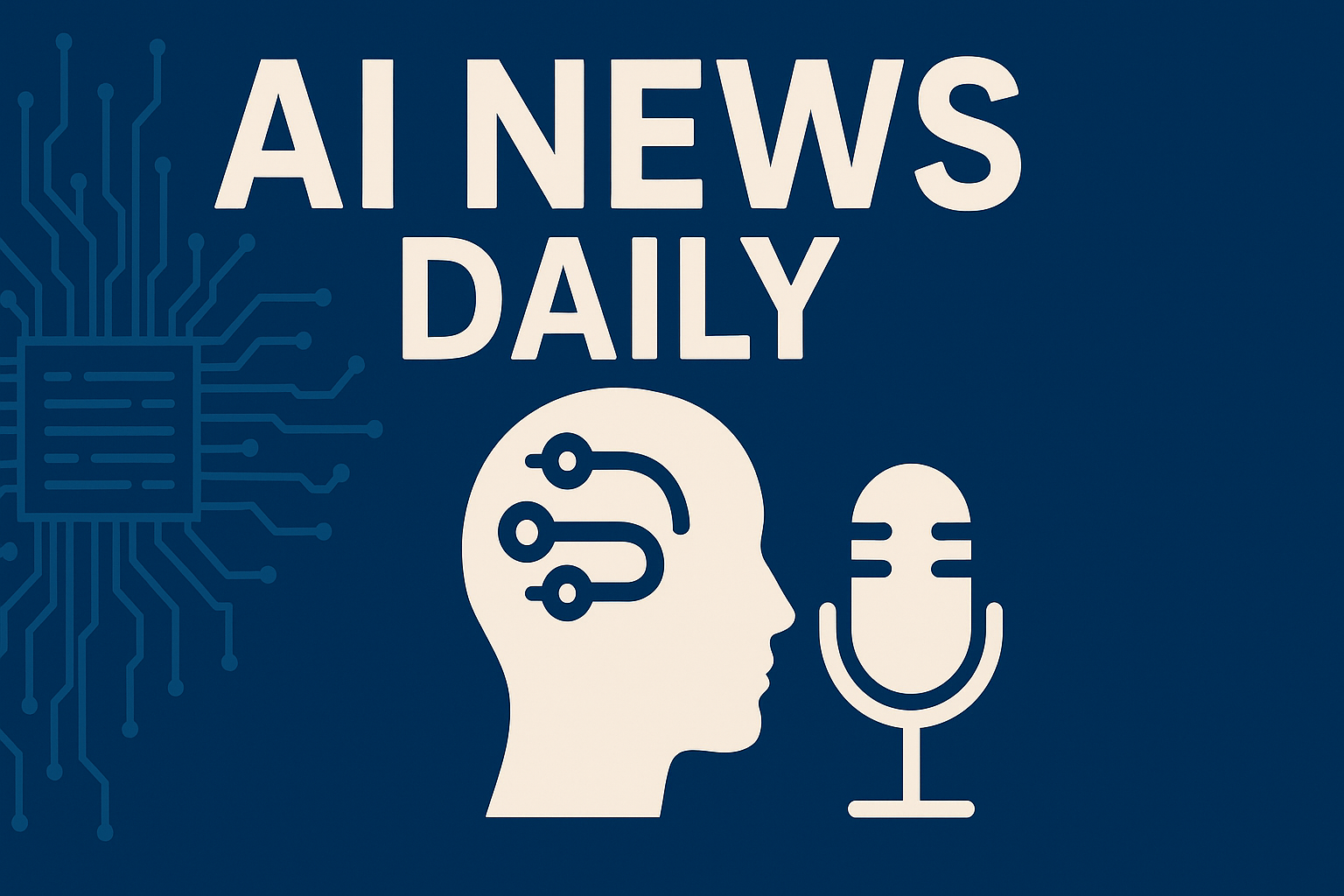Title: OpenAI Eyes $500 Billion Valuation Amid AI Model Releases, Partnerships, and Mental Health Safeguards; Global AI Race Intensifies
Content:
OpenAI is in advanced talks for a secondary share sale that could value the company at $500 billion, a leap from its previous $300 billion valuation and positioning it among the world’s most valuable private tech firms. This surge reflects explosive investor interest driven by skyrocketing demand for its AI products, most notably ChatGPT, and signals OpenAI’s central role in the global artificial intelligence landscape. The company’s rapid ascent has prompted increased scrutiny regarding transparency and privacy, including a landmark copyright lawsuit from The New York Times, which is demanding access to 120 million user chat logs over concerns about unauthorized content use—a case that could reshape AI industry data practices.
Simultaneously, OpenAI has sparked an “open-source” revolution with the release of its first open-weight AI models since 2019—gpt-oss-120b and gpt-oss-20b—under the Apache 2.0 license. These advanced models are freely available, enabling developers worldwide to customize and deploy cutting-edge language technology, fueling innovation, transparency, and heightened competition with major players in both the U.S. and China. The open-weight models are now integrated on major cloud platforms—including Microsoft’s Azure AI Foundry Local and AWS’s Amazon Bedrock—as well as available for direct use on PCs and enterprise servers, democratizing local AI access without cloud subscriptions.
OpenAI’s AI expansions include a $1-per-agency-per-year contract to bring ChatGPT Enterprise to all U.S. federal agencies, providing advanced AI tools to over two million employees and setting new standards in public sector digital modernization. Partnerships are extending globally as well: telecom giant Orange is deploying OpenAI’s open models across Europe, the Middle East, and Africa to enhance compliance and local language support, while Amazon is integrating OpenAI models with AWS services to bolster generative content, analytics, and customer service capabilities worldwide.
In parallel, OpenAI has announced new mental health guardrails in ChatGPT, including stricter limits on emotional, personal, or sensitive advice, break reminders, and enhanced distress detection. These measures—endorsed by over 90 medical experts and arriving ahead of the expected GPT-5 launch—aim to prevent user distress and foster responsible AI interactions. Starting in August 2025, ChatGPT will cease providing direct answers to questions involving emotional distress and significant personal decisions, instead offering reflective prompts and resources.
Elsewhere in the AI race, Google is investing $1 billion over three years to advance AI education and job training for over 100 U.S. universities, expanding free “Career Certificates” and access to AI tools like Gemini. Google’s own Gemini-powered cloud agents now automate up to 80% of enterprise data management tasks, and new models—including Gemini 2.5 Deep Think and DeepMind’s Genie 3—are raising the bar for reasoning, real-time content generation, and research applications. However, security remains a pressing concern, highlighted by recent vulnerabilities in Google Gemini, the popular Cursor coding tool, and broader workplace AI adoption that increases risks of data leaks and shadow AI activity.
Microsoft launched the GPT-OS 20B model for Windows 11 PCs, unlocking powerful on-device AI but cautioning users to fact-check outputs due to hallucination risks. In cybersecurity, Microsoft also introduced Project Ire, a cutting-edge AI for advanced malware detection, soon to be integrated with Microsoft Defender. Meanwhile, partnerships with Du in the UAE and efforts by Mind Network and BytePlus are setting new standards for AI localization and privacy through encryption.
As AI tools rapidly enter classrooms and workplaces, experts stress the importance of robust policies and educator training to address equity, accuracy, and security concerns. On the policy front, U.S. senators are advocating for tougher oversight of Chinese AI technologies, citing growing security and privacy risks in consumer apps, while the UK faces criticism for deploying AI in high-stakes decisions like asylum processing.
Finally, innovation continues to ripple across industries: AI-driven advances in drug discovery and personalized cancer treatment are accelerating biomedical breakthroughs, LG Display’s adoption of AI promises $140 million in annual manufacturing savings, and the University of Maine’s new app, “What Uses More,” is making AI’s environmental impact visible to the public. WhatsApp has taken action against AI-powered scams, banning millions of accounts and launching new digital safety tools, as the broader tech sector adjusts to the challenges and opportunities of the AI era.
